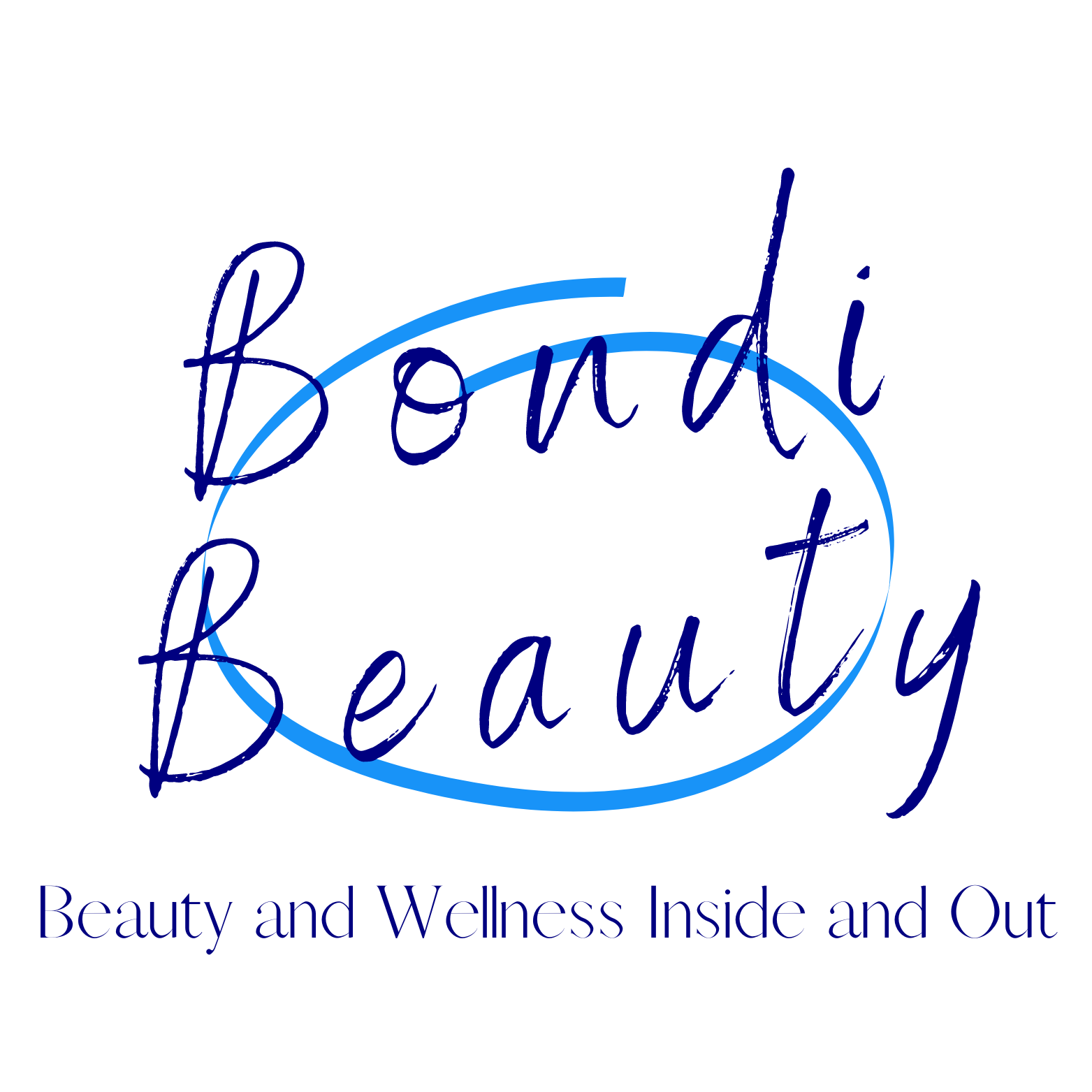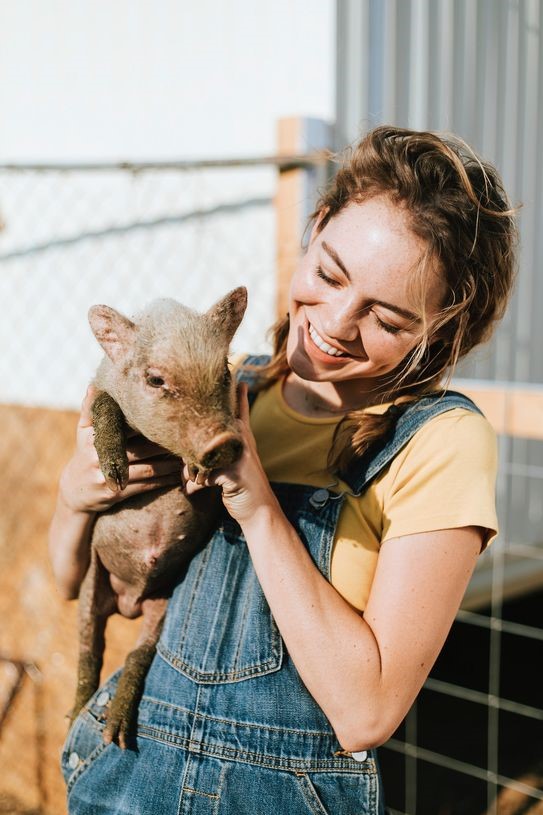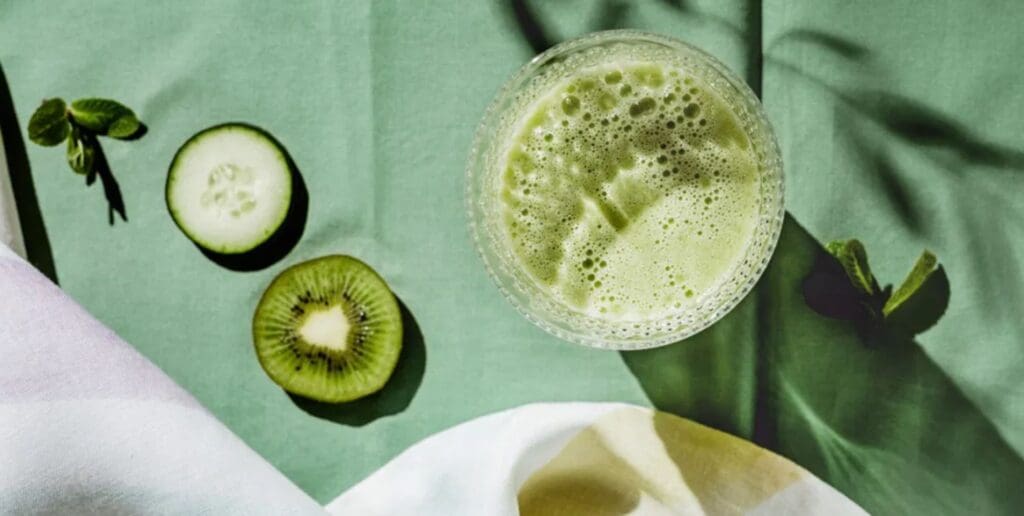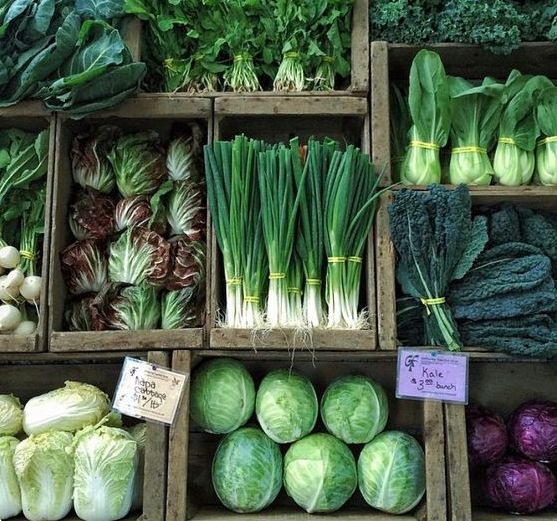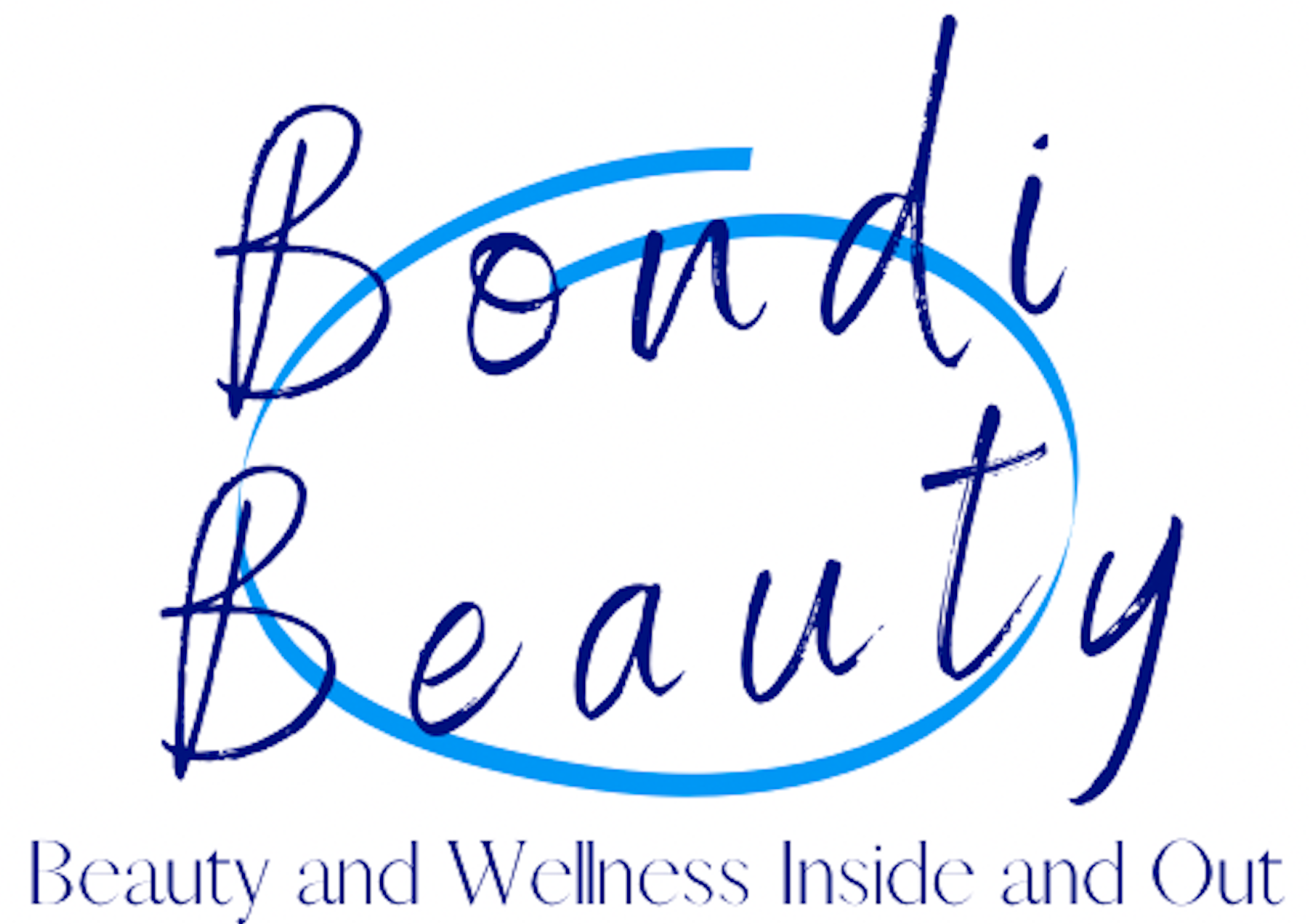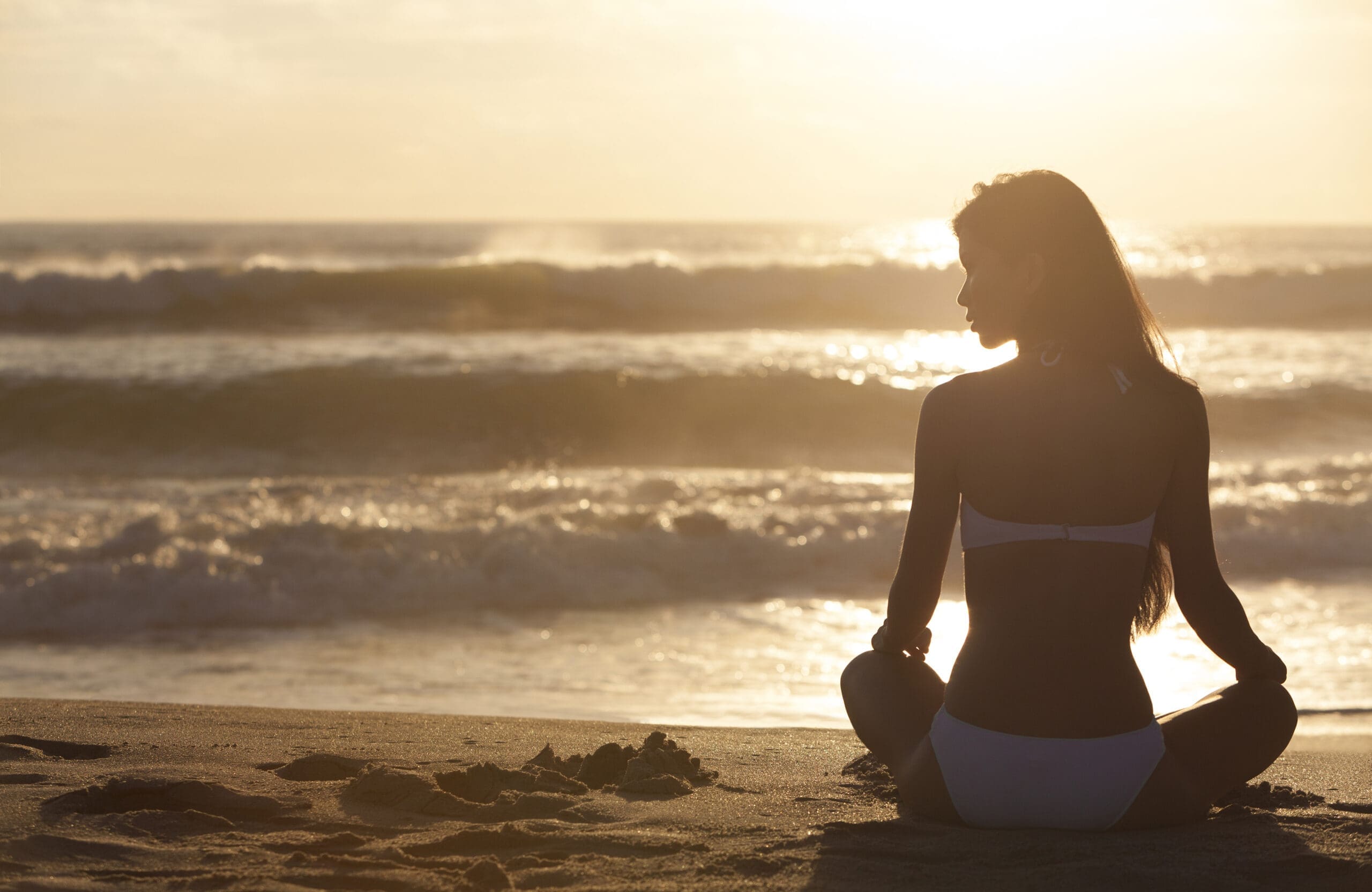There has never been a better time to go vegan in January. It’s called Veganuary.
However, it’s important to do veganuary right. Arm yourself with dietary information from qualified nutritionists and try going vegan for the month.
The vegan movement has been growing in momentum with the rise of social media. Influencers and celebrities including Moby, Ellen Page and Ruby Rose are behind it with more emerging every day in support of this lifestyle.
Whilst vegans do not eat any food (or use any products) derived from animals the question is what do they eat? A balanced diet consisting of fruits, vegetables, beans, grains, nuts, seeds and other plant foods is the answer, with vegans cutting their carbon footprint in half compared to meat-eaters.
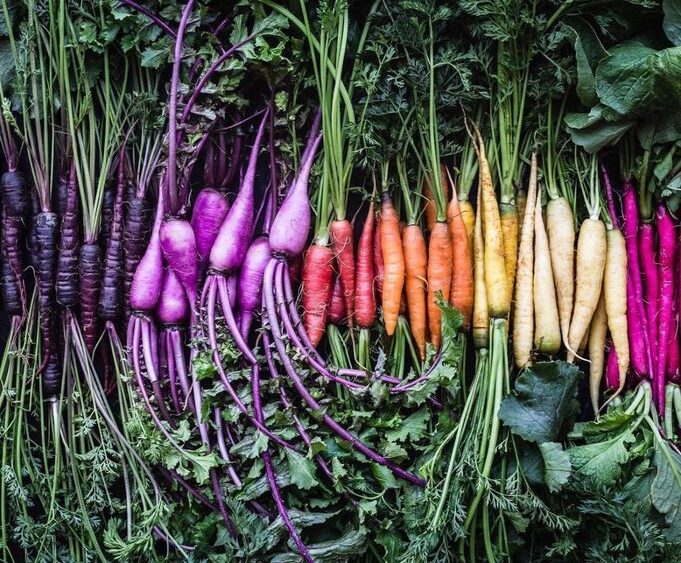
Professor of Sustainability and Systems Analysis Fredrik Hedenus says, “reducing meat and dairy consumption is key to bringing agricultural climate pollution down to safe levels.”
Veganuary is a non-profit organisation that started to encourage and support people around the world to try vegan for January and beyond.
Even though January has already started, you still have time to take part in Veganuary, with 1 person signing up every 3 seconds.
This year a record of more than 500,000 people have taken the vegan pledge to eat only plant-based foods for a month and you can too.
Going vegan is more than just a diet change. It’s a lifestyle change that has undeniable benefits.
Whether you decide to go vegan to reduce animal suffering, improve your health or to lessen the environmental damage caused by food production, veganism is arguably the way of the future.
So what do you need to know? We’ve asked a qualified nutritionist tough questions so you don’t have to.
What are the health benefits of going vegan?
Eating a balanced vegan diet reduces the risk of heart disease, stroke, cancer, obesity, and diabetes according to physicians in this study.
Nutritionist Madeline Calfas says “many people on a vegan diet find that their weight tends to stabilise and aches and pains that you get from general inflammation starts to decrease. A lot of people find that it improves their overall wellbeing and their body tends to feel better.”
Naturopath & Nutritionist Nicola Miethke says “a vegan diet may help you maintain a healthier heart, primarily due to its higher content of fibre, antioxidants and other plant phytochemicals from fresh fruits, vegetables and legumes.”
“When comparing vegans to vegetarians and the typical western diet, vegans have been found to benefit from a potential 75% lower risk of developing high blood pressure and a 42% lower risk of dying from heart disease.”
Nicola lists: a healthier heart, a better BMI, reduced risk of diabetes, less inflammation and an improved mood as some of the health benefits of going vegan.
Can a vegan diet provide enough nutrients without needing to supplement?
Eating a wide variety of nutritious foods from the four food groups as given in the Australian Dietary Guidelines will ensure that you consume a wide variety of nutrients. These groups are:
– fruits and vegetables
– wholegrain cereals
– tofu, nuts, seeds, legumes and beans
– dairy alternatives, such as soy milk or vegan cheese
However, Madeline says, “you will always need to supplement on a vegan diet. There are certain nutrients that you cannot get.” B12, Preformed Vitamin A, Vitamin D3 and certain amino acids to name a few.
Whilst B12 is fortified in some foods such as cereals and soymilk Madeline says it is not supplemented at therapeutic levels.
Nicola points out “ it is imperative all vegans regularly supplement with nutrients that they are deficient in”, stating “vegans have a greater challenge in meeting the nutritional adequacy of B12, omega-3 fatty acids, iron, zinc, vitamin D and calcium when compared to other diets.”
It is important to do your research and plan out where you will receive all your essential nutrients on a vegan diet.

Can anyone go vegan?
The Australian Dietary Guidelines state that vegan diets are appropriate for all stages of life.
However Madeline says going vegan is not for everybody. “People with a lot of food intolerances or people who are celiac and already have a very restricted diet and may find going vegan difficult.”
What foods are richest in protein/ iron/ calcium/ zinc?
For a lot of people the word protein is synonymous with meat, leaving those contemplating a vegan diet worried they won’t be able to meet their protein needs.
Madeline recommends shitake mushrooms for an iron kick and dark green leafy green for calcium, protein and iron. Nuts and legumes are high in zinc.
Nicola names tofu & tempeh, Chickpeas, Lentils, Kidney beans, Garbanzo Beans, Pinto beans, Black beans, Edamame, Raw nuts, Hemp seeds as the best vegan sources of protein.
Calcium-set tofu, calcium fortified milk and yoghurt alternatives, fortified bread, kale, pak choi, okra, dried figs, chia seeds, almonds, sesame seeds (tahini) are the best vegan sources of calcium.
The best vegan sources of iron according to Nicola are dark green leafy vegetables, lentils, chickpeas, soybeans, tofu, tempeh, quinoa, brown rice, hemp seeds, pumpkin seeds, dried figs, raisins, ground linseed, cashew nuts, chia seeds
